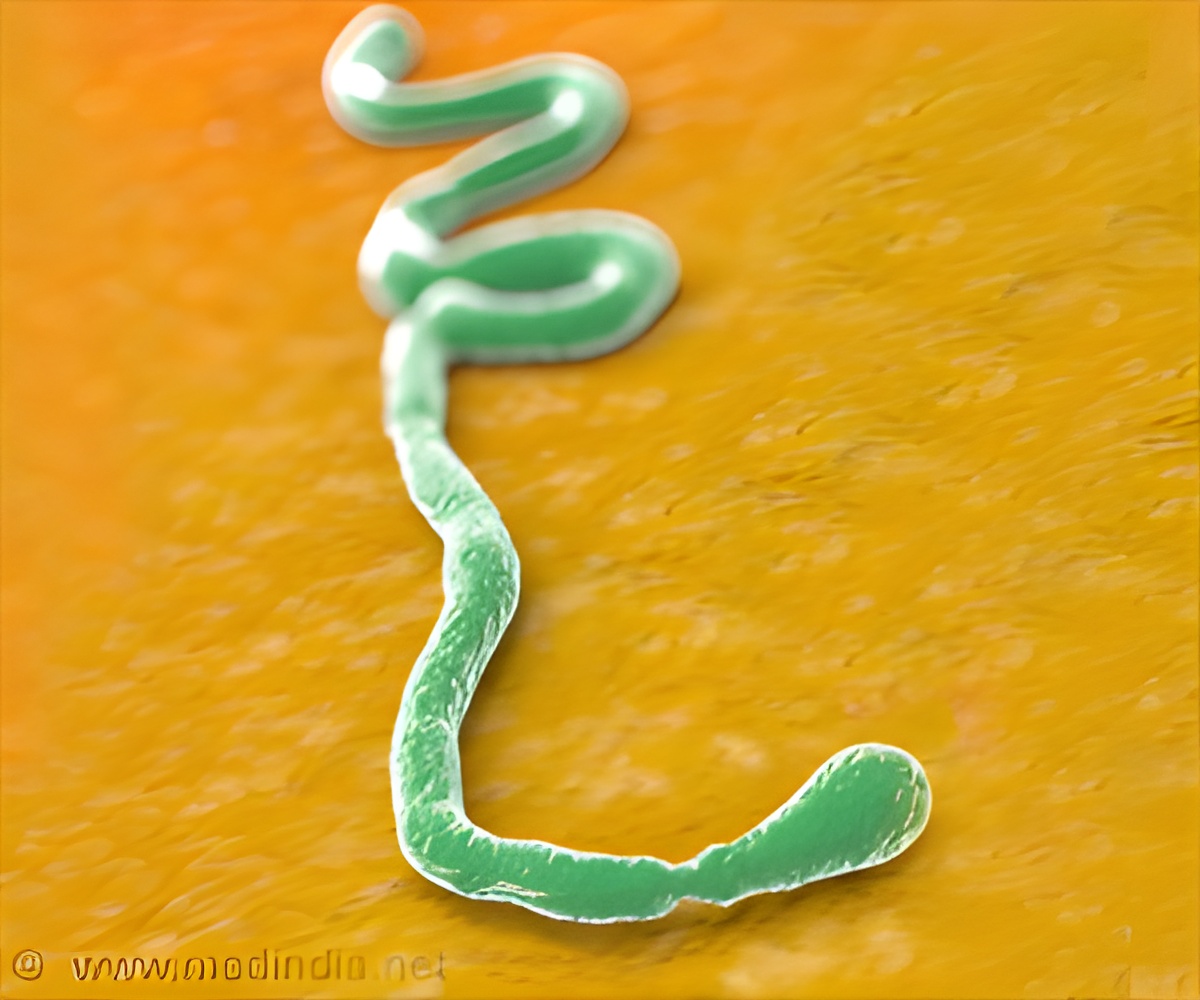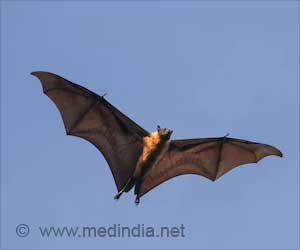Zaire ebolavirus (EBOV) has been the more common cause of outbreaks and has been the focus of nearly all treatment and vaccine research.

‘No proven treatments against Sudan ebolavirus (SUDV) exist and little is known about the window of opportunity for treating the infection.’





With that need in mind, scientists at the University of Texas Medical Branch (UTMB) tested a new antiviral drug delivered intravenously to rhesus macaques using a lipid nanoparticle platform (LNP) developed by Arbutus Biopharma, based in British Columbia. The RNA-based therapeutic, called a "small-interfering RNA (siRNA)," can target specific genes to prevent viruses from replicating and may offer advantages compared to other medical countermeasures. The LNP delivery system encapsulates the drug, can increase its potency, and allows the bloodstream to deliver the drug to targeted tissues. As part of the study, funded by NIH's National Institute of Allergy and Infectious Diseases, the UTMB group compared 48 different RNA-based drug formulations. They determined that the most effective formulation prevented replication of SUDV viral protein 35. They subsequently tested this formulation in six macaques given a lethal SUDV dose. Though all animals showed signs of disease, all six macaques recovered after receiving the siRNA-LNP treatment within four days of infection. Two of four animals survived when treated five days after infection.
The researchers are continuing their investigation of siRNA-LNP therapeutics to determine whether the approach could be effective against additional types of Ebola viruses and other hemorrhagic fever viruses.
Source-Eurekalert








